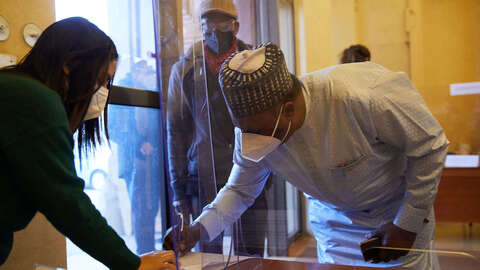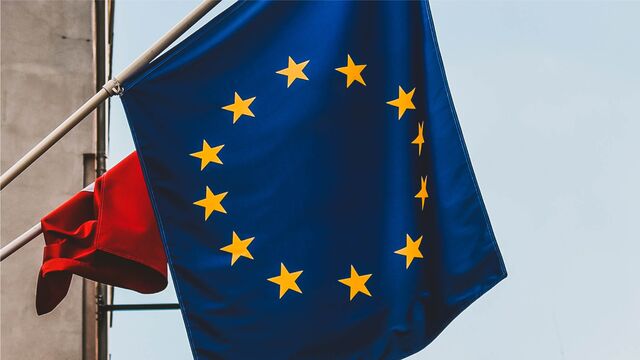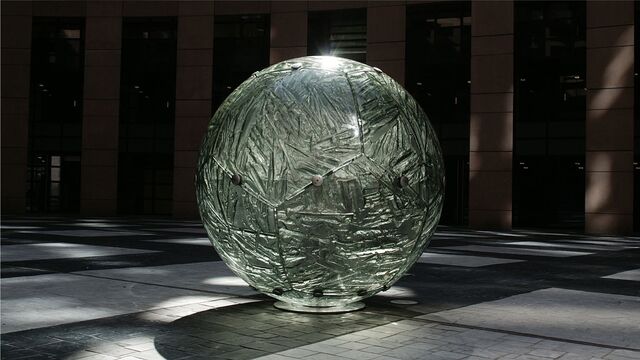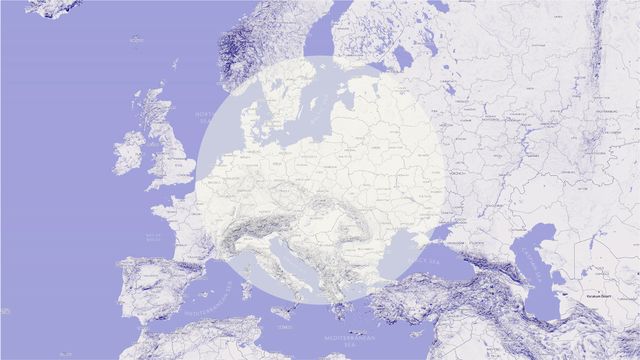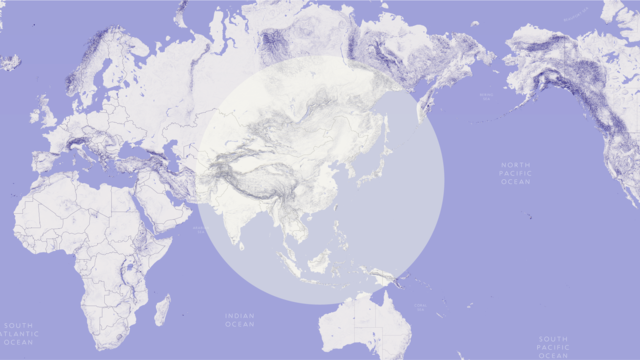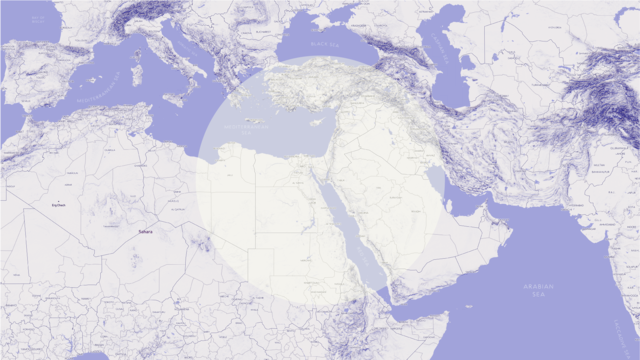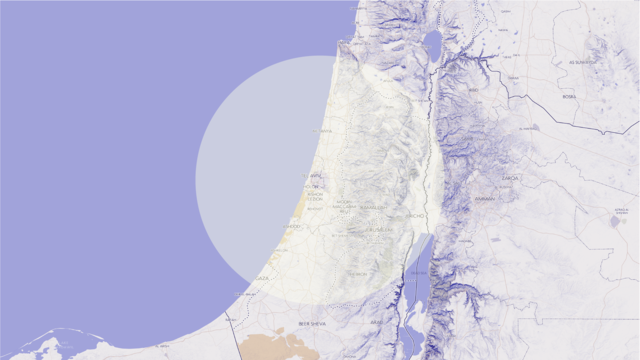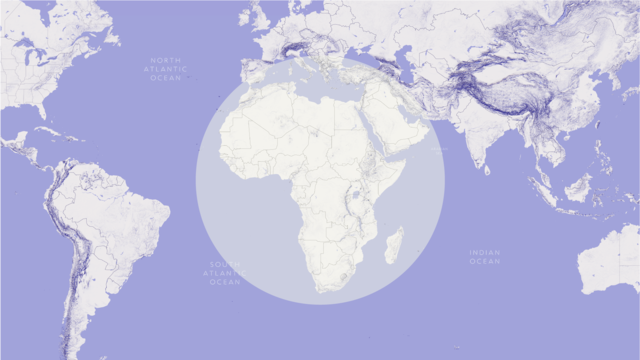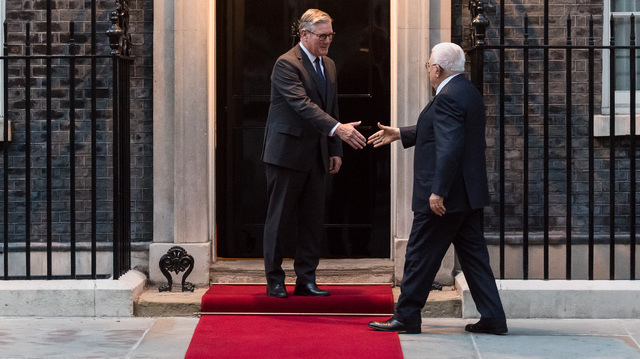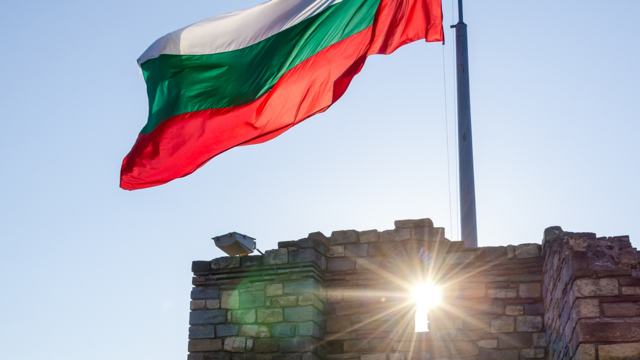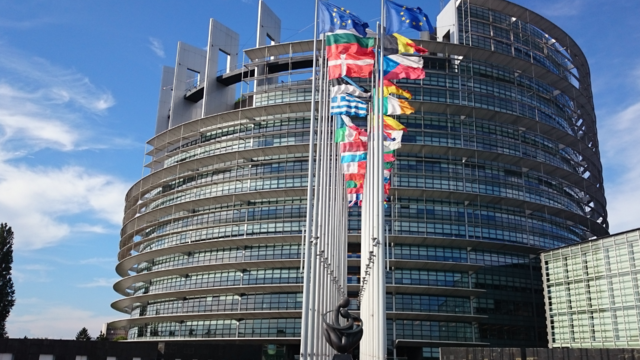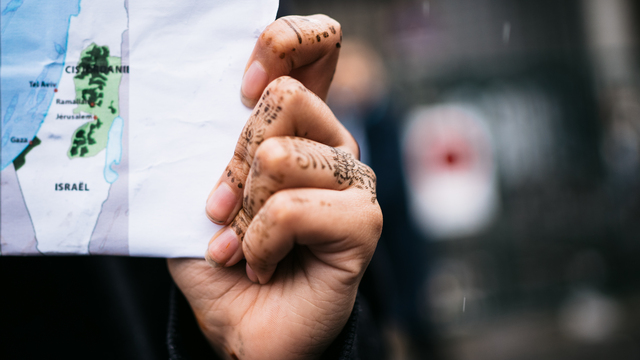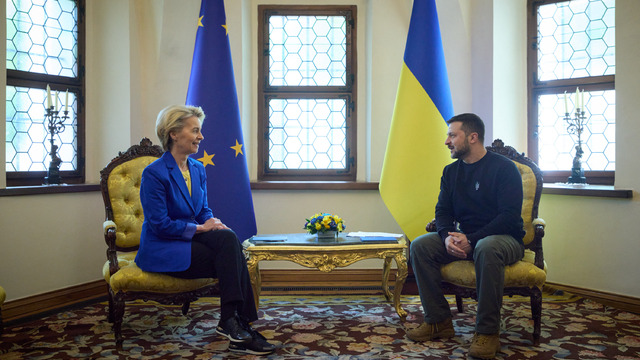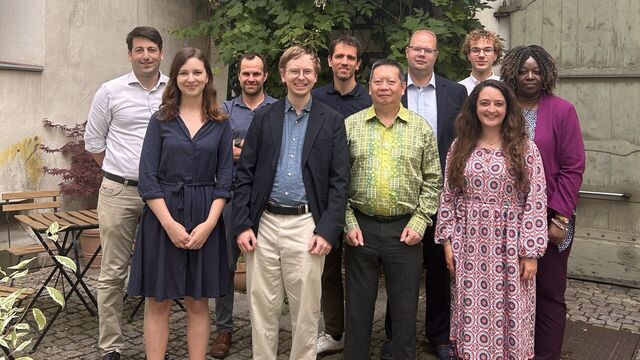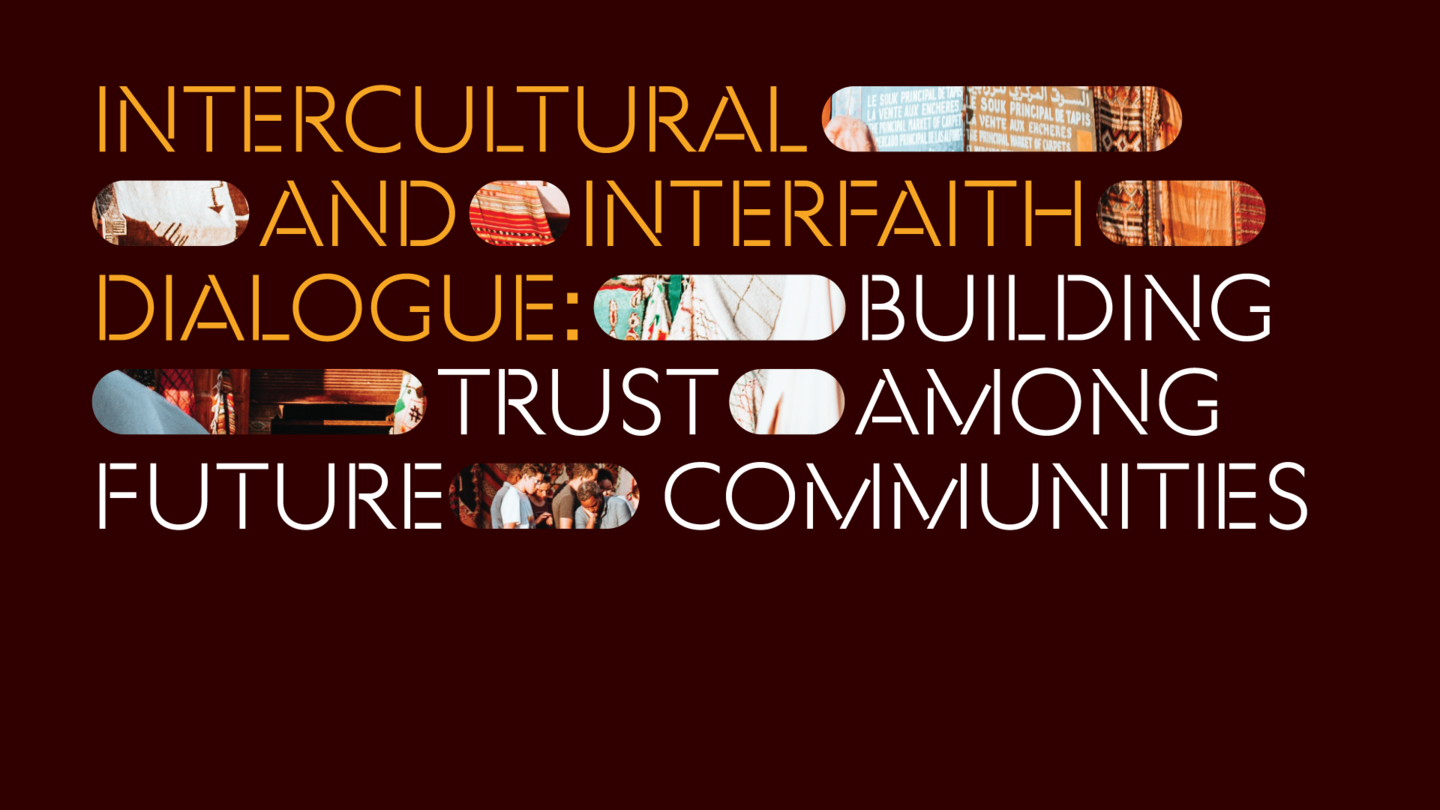
Intercultural and Interfaith Dialogue: Building Trust Among Future Communities
Together with the Ministry of Foreign Affairs of the Czech Republic, Anna Lindh Foundation and Organization of Islamic Cooperation, we would like to cordially invite you to our annual conference. This year our distinguished guests will discuss "Building Trust Among Future Communities."
11. 11. 2021 (8:30)
Language: English Ministry of Foreign Affairs of the Czech Republic (Czernin Palace), Loretánské nám. 5, Prague 1
Main goals of the conference
- This conference aims to discuss the progressive role that religion and interreligious dialogue can play in building trust among future communities.
- It provides a platform for scholars, policymakers, civil society and faith-based organisations to deliberate the use of interreligious dialogue as a policy tool for building trust within diplomatic negotiations, in state-society relations, as well as among different cultures.
- It brings perspectives from interpretations of different religions (Islam, Christianity, Judaism) to enrich the dialogue on the theme of building trust in relationships.
Conference Theme
Trust is a necessary element for advancing bilateral and multilateral relationships, including long-distance trade, and partnerships for social and environmental development; providing shared responses to crises and preserving global peace. Throughout human history, people have continuously created and recreated trust relationships within and outside of their communities. A trust relationship is built when people feel confident that others will not abuse their own long-term valued beliefs, possessions and resources. Reliance on and confidence in other people emerge not only when we learn to eradicate our prejudices against their differences, but also when we are consistent and transparent in our actions that aim for mutual understanding, consensus and reconciliation.
In these times of anxiety and uncertainty, in which we experience rising levels of populism, polarization and extremism on one side, and increasing levels of religiosity on the other, it is important to highlight the pivotal ways that faith-based organisations and spiritual leaders can help in renewing trust in intercultural and diplomatic relations. On the other hand, it is essential to explore the instruments that civil society activists can use to build trust in state-society relations in cooperation with religious actors and organisations.
The theme addressed in the first panel is the role that religious actors can play in building trust across different cultures within society. By examining this theme, the panel takes into consideration religious actors’ relationships to other stakeholders and their own religious communities. The second panel focuses on the joint role of civil society and religious organisations in building trust in state-society relations and presents potential action plans that can be developed between state institutions, civil society and religious groups to increase citizens’ participation in decision-making processes. The third panel addresses the question of trust in diplomatic relations. It examines the mechanisms through which different faiths and interfaith dialogue can insert trust into diplomatic negotiations.
COVID Rules
Please keep in mind, that due to the current health measures, participation is only possible after proving a non-infectious state of health:
- 14 days after the second dose of vaccination / single-dose regimen for at least 14 days
- negative antigen test, not older than 24 hours
- negative PCR test, not older than 72 hours
- Passage of covid-19 disease, laboratory confirmation not older than 180 days
Attention - self-tests and affidavits are not sufficient.
Guests are requested to wear respiratory protective equipment (FFP2 or KN95 respirator) throughout the event. Thank you in advance for respecting all necessary rules and we look forward to seeing you.
To participate in person, please register below. Registration for online participants is not required.
The program is subject to change.
Day 1 11/11/2021
Registration
Grand Opening
Opening Remarks
Coffee Break
PANEL I: Power of Religion in Building Trust within Society
While religion might be effective in managing the difficulties of life through providing a source of hope and a sense of belonging to communities, in doing that, it also has the power to depolarize societies, eradicate prejudices and emphasize transparency in our relationships. As people increasingly feel the need to practice their religious traditions in a post-Covid order, what should be the role of faith-based organisations and spiritual leaders in building trust across different cultures? What ideal dialogues should they have with their own communities, and with the leaders of other faith organisations and stakeholders to facilitate the emergence of intercultural trust at the societal level?
Lunch
PANEL II: Religion and Building Trust between the State and Society
This panel addresses the problem of building trust in state-society relations. Human progress depends on the state’s role and capacity to meet new challenges in a transparent way, while society also needs to become influential and vigilant. Such a process is unthinkable without the active involvement of civil society and faith-based organisations and the comparative advantages they bring in mobilising coalitions of citizens’ groups that can build links with the state. What are some established processes of trust-building that faith-based organisations and civil society actors managed to achieve in state-society relations in the past? In what ways can they cooperate? What kinds of action plans can the architects of interfaith dialogue and civil society actors develop to integrate citizens into decision-making processes and build a trust relationship between them and the state?
Coffee Break
PANEL III: The Contribution of Faith Communities to Building Trust in Diplomatic Relations
Religion’s influence is growing not only in society but also in the diplomatic world. Accepting the principles of transparency and equality as the main framework, diplomatic relations can involve intercultural and interfaith dialogue to help prepare governments and international organisations to take proactive roles in building trust during negotiations. All three main monotheistic religions incorporate ideals of peace, and such ideals can inspire governments and international organisations. How can faith-based organisations contribute to building trust in diplomatic relations? In what ways, and in what specific areas can religious actors and diplomats work together? What forms of interfaith dialogue have been established so far, in what ways can they be improved so that they would influence diplomacy? What else needs to be done so that interfaith dialogue could be effective in building trust during diplomatic negotiations?
Closing Remarks
Auspice
The International Conference is organised in cooperation with the Ministry of Foreign Affairs of the Czech Republic, Organisation of Islamic Cooperation (Prague Group) and Anna Lindh Foundation.
